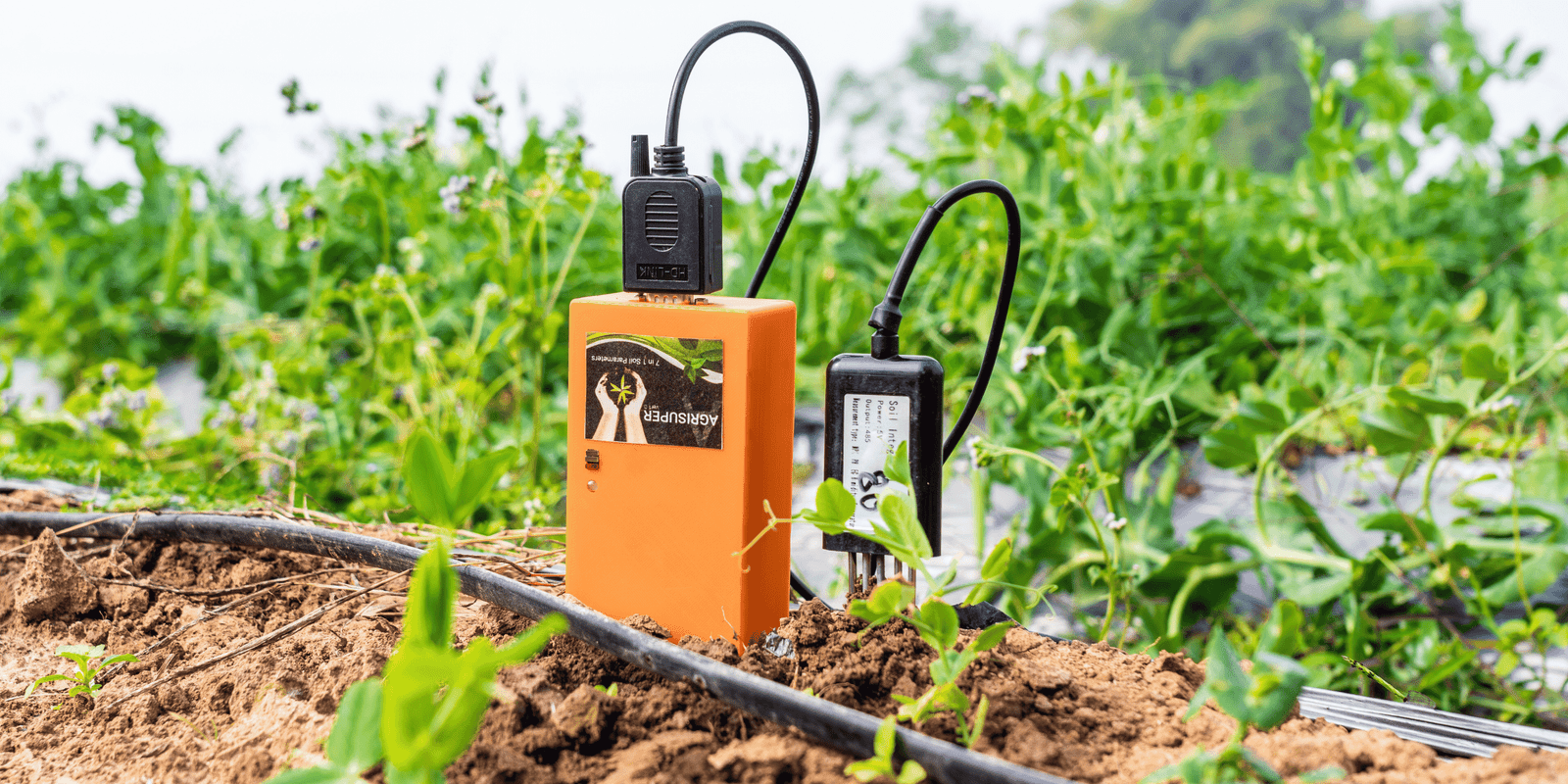Integrated Nutrient Management
Integrated nutrient management is the combined application of chemical fertilizers and organic manures for crop production with the main aim of maintaining soil fertility and supplying plant nutrients in adequate amounts. It is ecologically, socially, and economically viable.
Importance of Nutrient Management
Nutrient Management is important for the following reasons:
- It helps in reducing contamination to waterways by plant nutrients.
- It improves the fertility of the soil.
- It enhances the productivity of a plant.
- It reduces the cost of chemical fertilizers.
- It provides balanced nutrition to crops.
- It promotes carbon sequestration and prevents the deterioration of soil, water, ecology, and it also prevents the leaching of nutrients from the soil.

